If you’re starting to explore how to choose an NP program, it doesn’t take long to realize just how many options are out there—and how difficult it can be to tell which programs are worth your time, energy, and money. Should you go online or in-person? Master’s or doctorate? How do clinical placements work? Is board prep included? What happens if you get all the way through and can’t find a preceptor?
To help unpack these questions and more, I interviewed Sarah Michelle, FNP, a nurse educator, entrepreneur, and founder of Sarah Michelle NP Reviews. She shares her personal journey—from experiencing a panic attack in nursing school and nearly being dismissed from her program, to building a successful NP board prep business that has helped thousands of students pass their certification exams.
Her story is both inspiring and incredibly practical, and in this post, we’ll walk through her best advice for nurses considering NP school. Whether you’re just starting to explore programs or you’re already deep into the process, Sarah’s experience offers important context—and some powerful reminders of what really matters when you’re making this investment.

Table of Contents
What to Look for in a Nurse Practitioner Program
Sarah emphasized that while accreditation is critical, support (both academic and emotional) is just as essential. Many NP students are working full-time, juggling family responsibilities, and completing clinical hours all at once. Programs that treat students like checkboxes rather than people can make the process much more difficult than it needs to be.
“I really feel like you want a program that supports you all the way around,” she explained. “You don’t want a school that just helps with clinical placements but has faculty who are unresponsive or dismissive when you need help. You need someone who’s going to treat you like a human.”
When evaluating schools, consider:
- Whether the program is accredited by a recognized body (like CCNE or ACEN)
- How responsive and supportive the faculty are
- The structure of coursework and how it fits your learning style
- If the program offers any flexibility, especially if you’re balancing work or family obligations
- What kind of guidance or resources are provided for board exam prep
Pro-tip ➡️ Use our FREE Nursing Planner spreadsheet to keep your research organized and help give you clarity in your decision.👇
Don’t Assume Clinical Placement is Included
One of the most critical (and frequently overlooked) aspects of choosing an NP program is NP clinical placement. While some schools assist students in finding and securing preceptors, many do not. This can come as a shock, especially for nurses who are used to structured placements in traditional RN programs.
Sarah’s experience with clinical placement was one of the most challenging parts of her NP journey. Despite attending a well-respected brick-and-mortar program, she had to make more than 100 cold calls before finally securing a preceptor. At one point, she was so discouraged she cried on the phone with an office admin, who, thankfully, agreed to take her.
“I really loved my school. I got a great education. But I hated that they didn’t help with clinical placements,” she said. “I didn’t have a strong professional network at that point, and it made something already difficult even harder.”
This isn’t just a problem in online programs. Many traditional, in-person schools still leave the responsibility of securing clinicals up to the student. And since most programs require multiple preceptors for different specialties or age groups, that process has to repeat several times.
If you’re looking at programs, one of the most important questions you can ask is: Do you assist students in finding preceptors, or are we expected to arrange that independently?
Sarah recommends getting clear answers on this upfront—not just for your own peace of mind, but to avoid delays in graduation.
Understanding the Post-Master’s Certificate Path
Sarah’s path to becoming a nurse practitioner wasn’t the typical BSN-to-MSN-FNP route. After finishing her bachelor’s degree and beginning her career in oncology and bone marrow transplant, she earned her MSN in Nursing Education from Western Governors University, a fully online, competency-based program. Later, she returned to school to complete a post-master’s FNP certificate at Eastern Kentucky University.
For her, this approach made sense. She wanted to teach nursing students and already knew she enjoyed the education side of the profession. The post-master’s certificate allowed her to build on her existing degree and gain the clinical education needed to become a practicing FNP.
This is an important point for nurses who may already hold a master’s degree in a non-clinical specialty. A post-master’s FNP certificate can be a great option if you want to become a nurse practitioner. You don’t necessarily have to start over—post-master’s certificate programs can allow you to add the NP component without duplicating coursework.
It’s also worth noting that while DNP programs are growing in popularity, they’re not required for NP licensure. You can absolutely become a nurse practitioner with a master’s degree, and Sarah is a great example of someone who has done that successfully.
If you’re exploring DNP pathways as well (like MSN to DNP or BSN to DNP) you can use the tool below to compare accredited programs in your area and find the one that aligns best with your next career step. You can also use this info to compare the BSN/MSN ➡️ DNP route, with the post-master’s certificate program route. 👇
Common Mistakes Nurses Make When Choosing an NP Program
When nurses begin researching nurse practitioner programs, it’s easy to focus on the surface-level aspects—cost, location, speed. And while those are important, Sarah says many nurses end up regretting their choice because they didn’t ask the deeper questions.
One of the biggest nurse practitioner school mistakes she sees is assuming all programs are essentially the same. But just like bedside nursing, the day-to-day experience can vary drastically depending on the environment.
Here are a few common pitfalls to watch for:
- Choosing a program simply because it’s fast or inexpensive. If the school lacks support, has poor pass rates, or doesn’t help with clinical placement, you may spend more time and money trying to finish than you saved upfront.
- Assuming in-person programs always assist with clinicals. As Sarah experienced firsthand, some traditional universities do not place students, and leave that responsibility fully on your shoulders.
- Overlooking the importance of pass rates and board prep. NP programs are preparing you to sit for a high-stakes certification exam. If the curriculum doesn’t align well with the test, or if board prep is treated as an afterthought, you may find yourself scrambling at the end.
- Misunderstanding the difference between MSN and DNP. Not all nurse practitioner programs lead to a doctorate. Some nurses mistakenly believe they must get a DNP to become a practicing NP, but that’s not true. A well-designed master’s program or post-master’s certificate is enough to sit for boards and become licensed.
When you’re considering a program, don’t just take the marketing materials at face value. Ask for specifics. Who teaches the courses? What’s the pass rate for the certification exam? How long does it take to get a response from a professor if you need help?
Does the Program Actually Prepare You for the Nurse Practitioner Certification Exam?
Even if your goal is to become a strong, clinically sound provider, you can’t practice until you pass your nurse practitioner certification exam. That makes board prep an essential part of your NP school experience—whether it’s included in the program or not.
Sarah is very transparent about this part of her journey. Although she felt well-prepared academically, her own anxiety around the exam prompted her to go through multiple board review courses, many of which were long, dry, and not designed with the learner in mind.
“One of the reviews I did literally had a slide that said, ‘Test anxiety doesn’t exist. If you fail, it’s on you.’ We were in the middle of the pandemic. People were rescheduling exams five times because testing centers kept closing. It was awful.”
This experience—combined with her background in education—inspired her to create Sarah Michelle NP Reviews, which now offers a wide range of review tools that prioritize confidence-building, mental health, and active recall strategies. Her approach wasn’t about cramming—it was about helping students feel calm and prepared walking into the testing center.
Programs that include test prep in tuition may or may not be offering what works for you. In fact, some schools are locked into multi-year contracts with board review companies, which limits your flexibility. If your program doesn’t include board prep resources, or if the included resources aren’t helpful, you’ll want to find your own—and budget for it accordingly.
When to Start NP Board Exam Prep
Unlike the NCLEX, which is emphasized throughout nursing school, NP board exam prep is usually something students begin toward the end of their program. Sarah recommends waiting until after you’ve completed your clinical hours before diving into focused study.
“Your clinicals are so immersive, it’s hard to focus on anything else,” she explains. “But once you’re done, you’ve got the knowledge, you just need to review and build confidence.”
Her program is designed to be completed in about six to eight weeks and includes a detailed study plan, question bank, and supportive community. She also recommends setting your testing date early, so that you have a firm deadline to work toward. Without that, it’s easy to fall into a loop of procrastination and anxiety.
This is especially important for new graduates who are still working as RNs. With the pressure of a full-time job, it’s tempting to delay the exam—but the longer you wait, the harder it can be to retain everything you’ve learned. As with NCLEX, momentum matters.
Final Advice: Choose a Program That Treats You Like a Human
When I asked Sarah what one piece of advice she’d give to someone considering NP school, she didn’t hesitate:
“Find a program that supports you—emotionally, academically, and clinically. You need that human connection. Don’t just go with whoever accepts you first or has the best-looking website.”
This is especially true if you’re completing your program online, or if you don’t already have a strong network in your local area. A well-run, supportive program can make a world of difference during the tough moments.
Don’t be afraid to ask current or former students about their experience. Facebook groups can be a goldmine of insight, and Sarah’s own communities (Sarah Michelle NP Reviews Facebook Group) includes thousands of students from a wide range of programs. That kind of peer-to-peer feedback can give you a far more accurate picture of what life in the program is actually like.
Our partner has a great tool below you can use to start exploring your program options—making it easier to compare schools, specialties, and formats all in one place. Pick your speciality, and take a smart first step toward finding a program that truly supports you. 👇
How to Choose an NP Program: Wrapping Up
Choosing a nurse practitioner program is a major decision. One that impacts not only your education, but also your future practice, income, and overall wellbeing. While there are many paths to becoming an NP, the most important thing is choosing a program that aligns with your goals, respects your time, and prepares you to succeed.
If you’re still exploring options, consider what matters most to you. Ask direct questions about clinical placements, board prep, pass rates, and faculty support. Talk to current students. And above all, remember that you deserve a program that sets you up for success, not one that leaves you to figure everything out on your own.
If you’re leaning toward online options, be sure to check out our guide to online nurse practitioner programs for a deeper dive into that path. And if board prep is on your radar, Sarah Michelle’s programs have helped tens of thousands of NPs pass with confidence. 💪
More NP Review Resources
- A Day in the Life of a Primary Care Family Nurse Practitioner
- MSN vs DNP for Family Nurse Practitioners: Which Path Is Right for You?
- 6 Future Trends for Nurse Practitioners
Streamline your nursing assessments with real-life tips to help you stay efficient and confident (even when your shift is chaos). Perfect for new grads finding their flow!
Continue Reading 4 Quick Nursing Assessment Tips for Your Next Shift
What does a “medical surgery nurse” do? Learn the correct spelling of “med-surg,” what it’s like to work on a medical-surgical unit, and why it’s one of the most important specialties in nursing.
Continue Reading Curious About a “Medical Surgery Nurse”? Let’s Talk Med-Surg
How long does it take to go from BSN to DNP? Let’s talk what affects the timeline, and how BSN to DNP programs compare to other nurse practitioner paths. Plus tips for choosing the right program.
Continue Reading How Long Does it Take to Go From BSN to DNP? Let’s Discuss.
The Adult Gero NP role focuses on caring for adults across the lifespan, including older adults. This guide breaks down what AGNPs do, how they compare to other NP specialties, and what it takes to earn your AGNP degree and certification.
Continue Reading So You Wanna Be an Adult Gero NP? Here’s What to Know First
Want to get a nursing informatics degree online? Let’s break down what your options are, and how to choose a path that aligns with your personality and career goals.
Continue Reading Nursing Informatics Degree Online: Everything to Know Before You Enroll
Learn how the post master’s certificate in nursing works, who they’re for, and how to expand your practice with flexible post-grad nursing options.
Continue Reading Post Master’s Certificate in Nursing: What Is It?

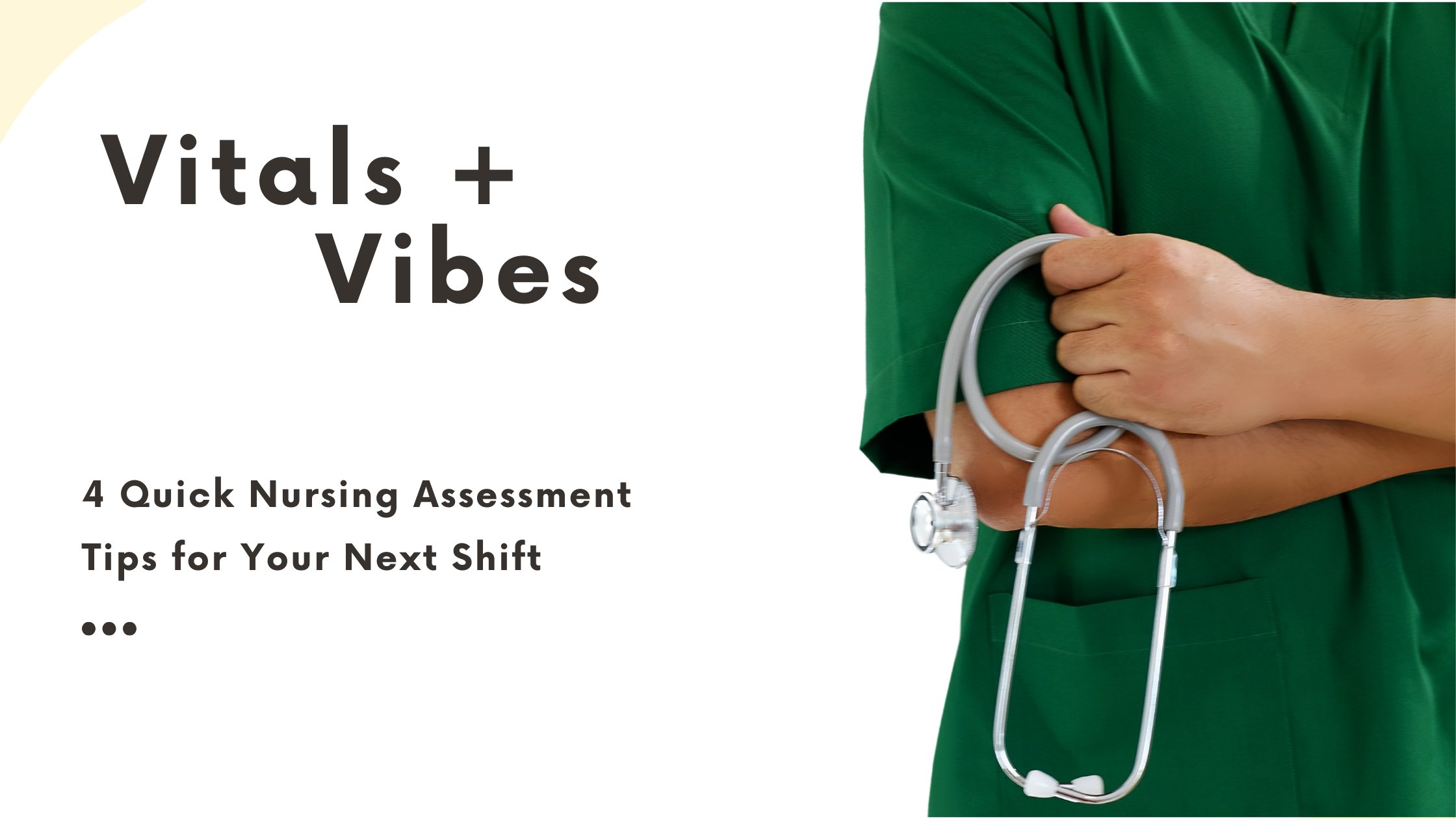
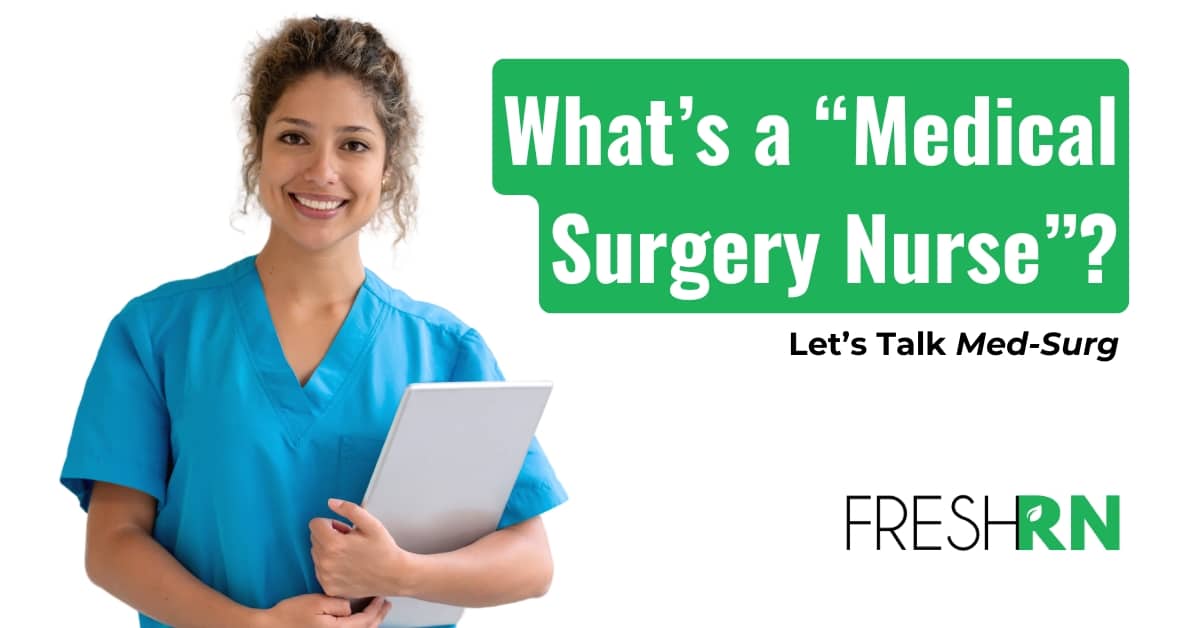
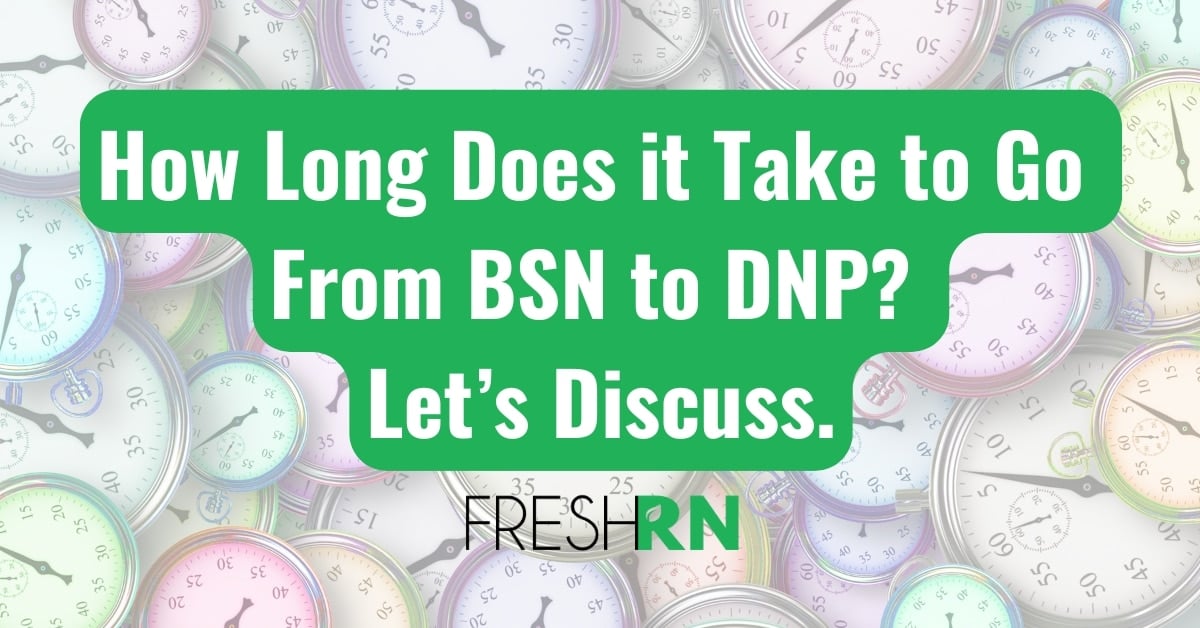
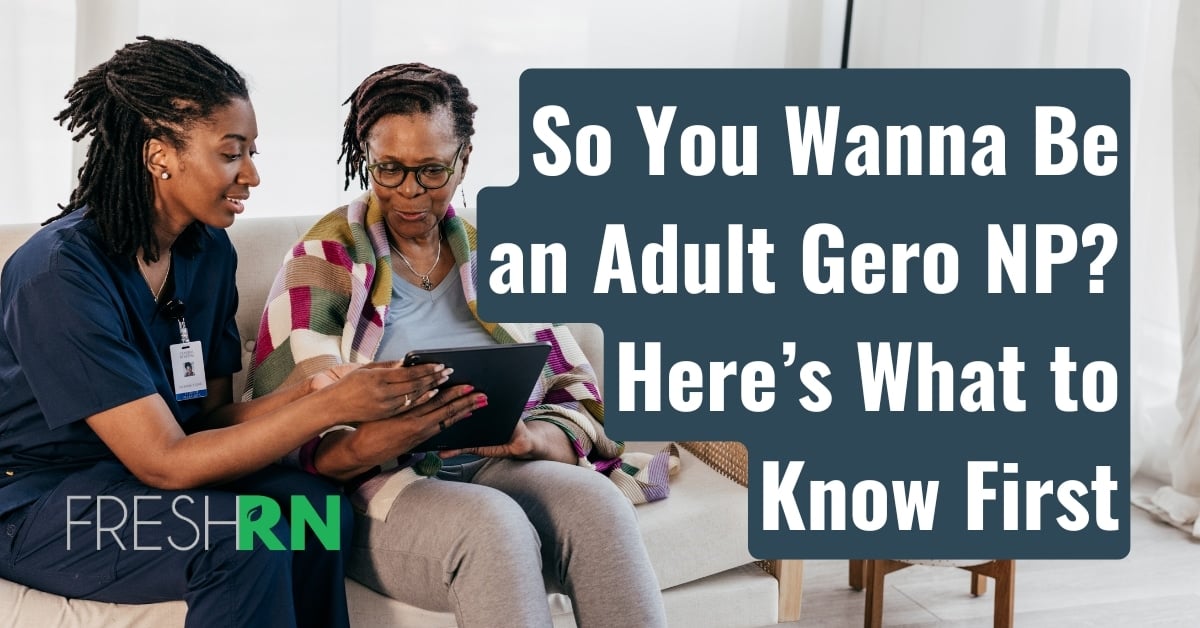

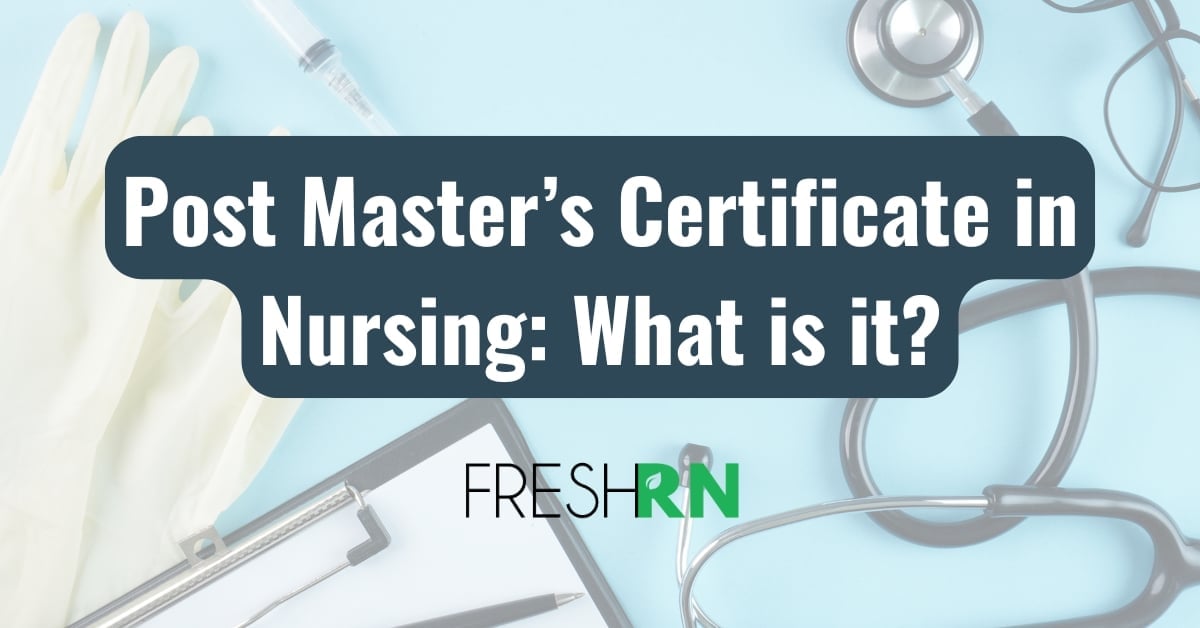


0 Comments